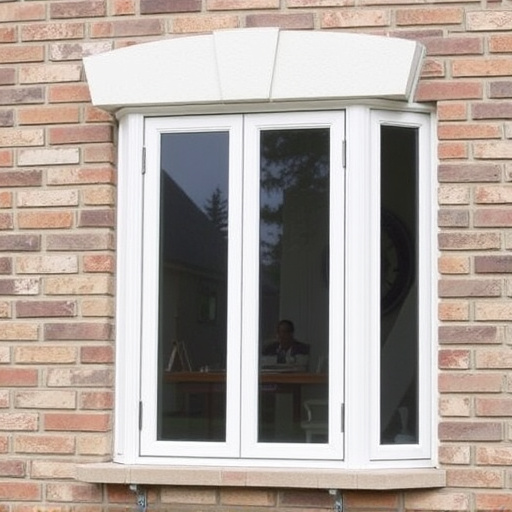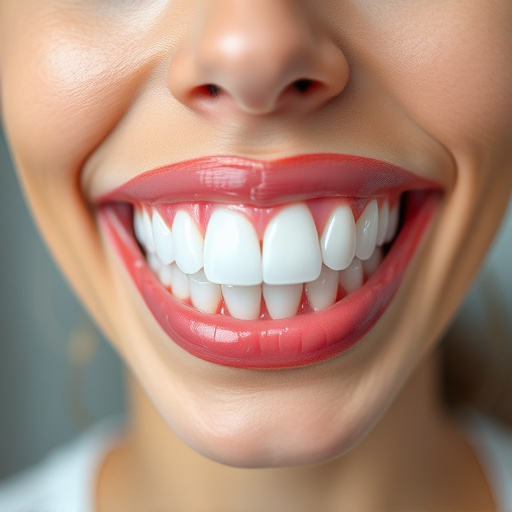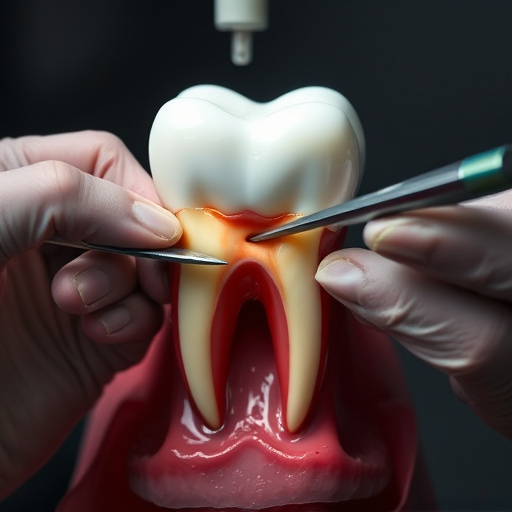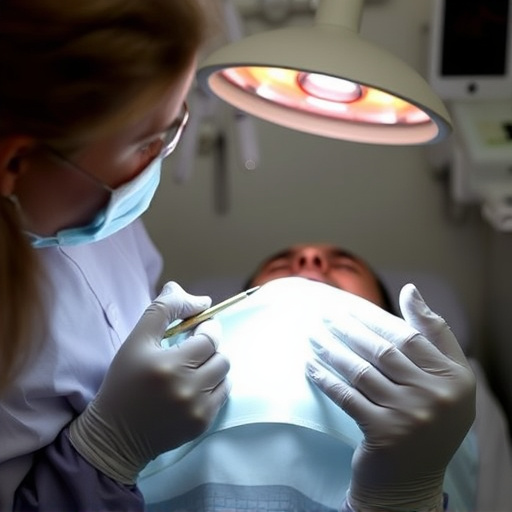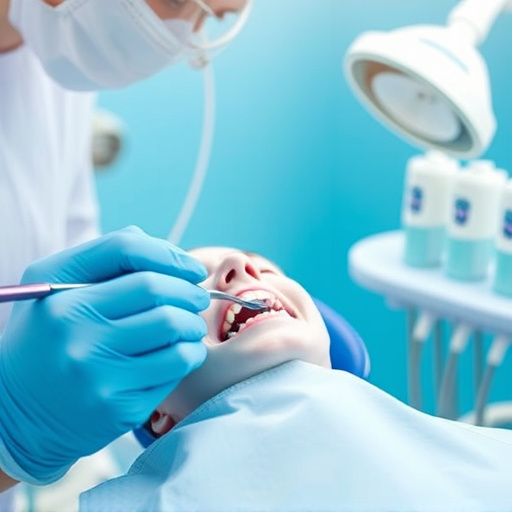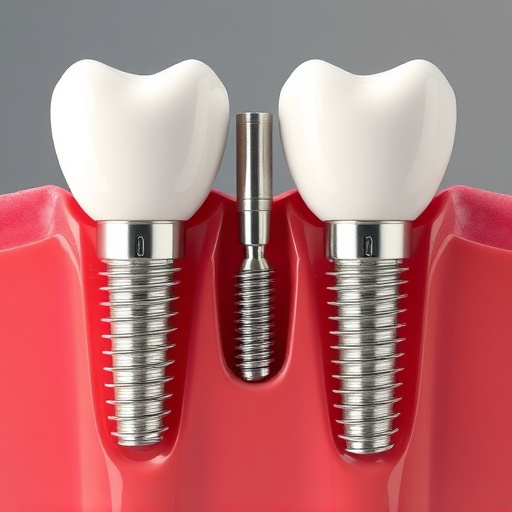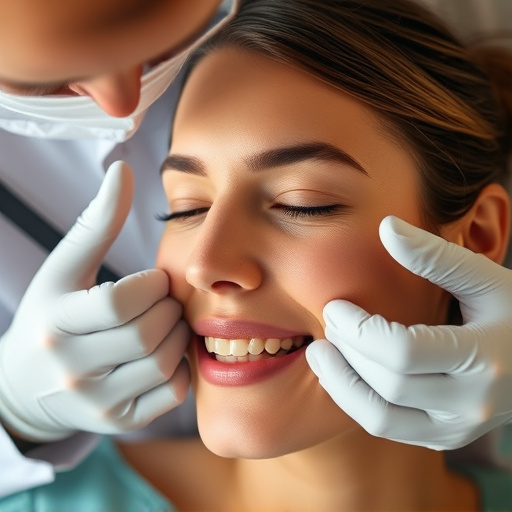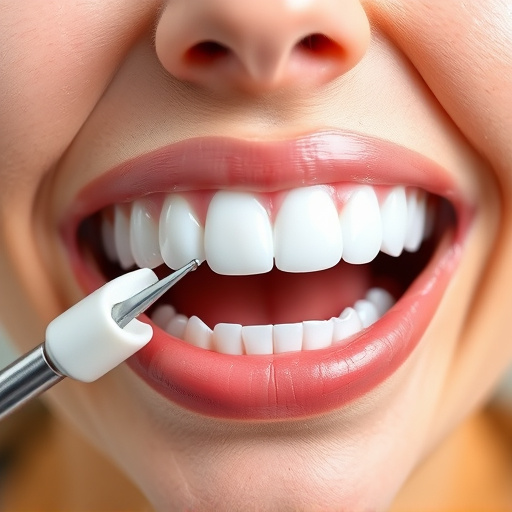Bad breath (halitosis) stems from bacterial growth in the mouth, not just food or hygiene. Long-lasting relief requires a comprehensive dental approach: professional cleanings, restorative dentistry, and tailored solutions like tongue scraping. Adopting good oral hygiene, staying hydrated, and dietary adjustments also significantly help manage and prevent bad breath.
Bad breath, or halitosis, can be a persistent and embarrassing issue. Understanding its causes goes beyond surface level misconceptions. This article delves into effective dental-based solutions for long-term bad breath relief, addressing common treatments, lifestyle changes, and home remedies. By exploring these strategies, you’ll gain insights to finally combat persistent halitosis and restore confidence in your oral health. Discover the key to winning the battle against bad breath once and for all.
- Understanding Bad Breath Causes and Common Misconceptions
- Effective Dental Treatments for Long-Lasting Bad Breath Relief
- Lifestyle Changes and Home Remedies to Combat Persistent Halitosis
Understanding Bad Breath Causes and Common Misconceptions
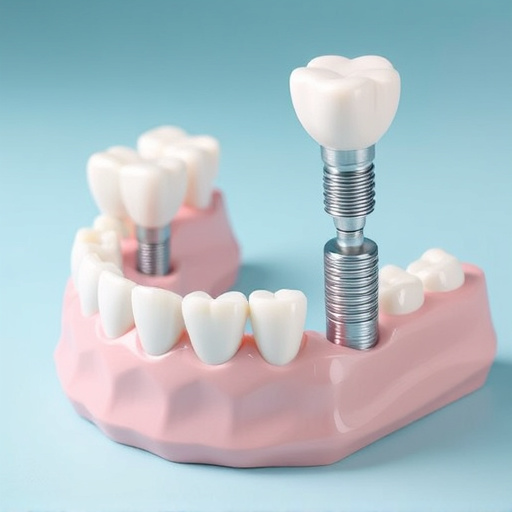
Bad breath, or halitosis, is a common concern that many people face. Understanding its causes goes beyond simply knowing what foods can lead to temporary odors. In fact, persistent bad breath is often indicative of an underlying dental issue. Misconceptions abound, with some attributing it to poor hygiene practices or certain foods. However, in many cases, halitosis stems from bacterial growth in the mouth, especially between the teeth and along the gum line. These bacteria break down food particles, resulting in volatile sulfur compounds that give bad breath its distinctive odor.
While quick fixes like mints or breath sprays can mask odors temporarily, addressing the root cause is crucial for long-term relief. This often involves a combination of restorative dentistry procedures, such as fillings or crowns, to fix dental decay, and cosmetic dentistry techniques, including teeth whitening, to address discoloration. Regular dental cleanings play a vital role in maintaining oral health and preventing bad breath by removing plaque buildup and reducing bacteria.
Effective Dental Treatments for Long-Lasting Bad Breath Relief
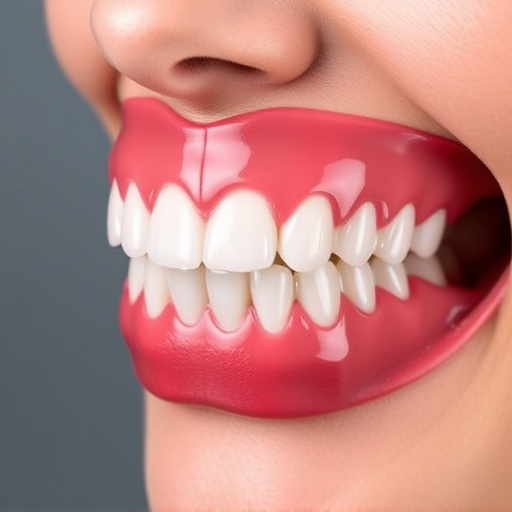
Effective Dental Treatments for Long-Lasting Bad Breath Relief
When it comes to addressing persistent bad breath, a comprehensive approach involving advanced dental treatments offers long-term solutions. One key aspect is professional dental cleaning, which goes beyond regular brushing and flossing. Dentists use specialized tools to remove plaque buildup and tartar, both of which can contribute significantly to halitosis. This deep cleaning not only freshens the breath but also prevents future issues like tooth decay and gum disease, ensuring a healthier mouth for longer.
Additionally, dental professionals can provide tailored solutions such as tooth repair procedures, including fillings or crowns, to fix any damaged teeth that might be causing bad breath. For children’s dentistry, regular check-ups and cleaning are crucial in preventing early onset of periodontal diseases, which can also lead to persistent bad breath. General dentistry practices often incorporate advanced techniques, like tongue scraping and oral debridement, to eliminate bacteria and debris that cause unpleasant odors, offering patients lasting relief from chronic halitosis.
Lifestyle Changes and Home Remedies to Combat Persistent Halitosis
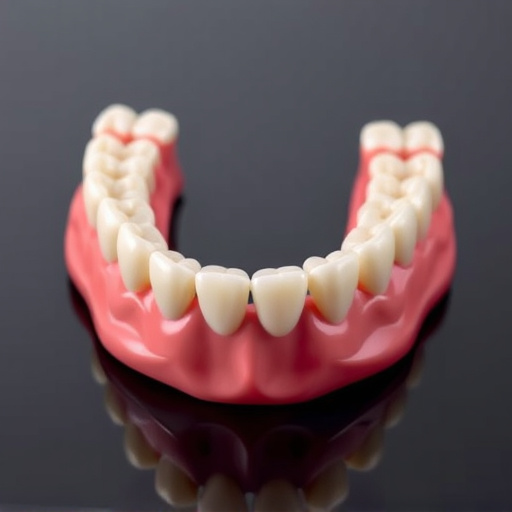
Many people suffer from persistent bad breath, or halitosis, which can be a source of embarrassment and self-consciousness. While professional dental treatments like specialized cleanings or certain procedures such as dental fillings or tooth extractions can offer short-term relief, making some lifestyle changes and trying home remedies can lead to lasting results in managing and preventing bad breath.
Adopting good oral hygiene practices is fundamental. This includes brushing your teeth twice a day with fluoride toothpaste, flossing daily, and using mouthwash to reduce bacteria buildup. Additionally, staying hydrated by drinking plenty of water helps keep your mouth moist, which inhibits the growth of odor-causing bacteria. Certain dietary adjustments can also make a significant difference; for instance, reducing the consumption of garlic, onions, spicy foods, and certain beverages like coffee and alcohol can help mitigate bad breath. Chewing on fresh herbs or gums containing xylitol has been shown to promote saliva production, which neutralizes odors and supports oral health. Moreover, managing stress levels through relaxation techniques or regular exercise may indirectly contribute to improved oral health and reduced halitosis.
In addressing long-term bad breath treatment, it’s evident that a multi-faceted approach combining dental care, lifestyle adjustments, and home remedies offers the best results. By understanding the underlying causes, such as dental plaque, dry mouth, or systemic health issues, individuals can select effective treatments like professional oral hygiene, tongue scraping, or antibiotic therapies. Additionally, adopting healthier habits like staying hydrated, maintaining a balanced diet, and quitting smoking can significantly enhance breath freshness. Integrating these strategies into daily routines provides a comprehensive solution for achieving and maintaining long-lasting bad breath relief.
